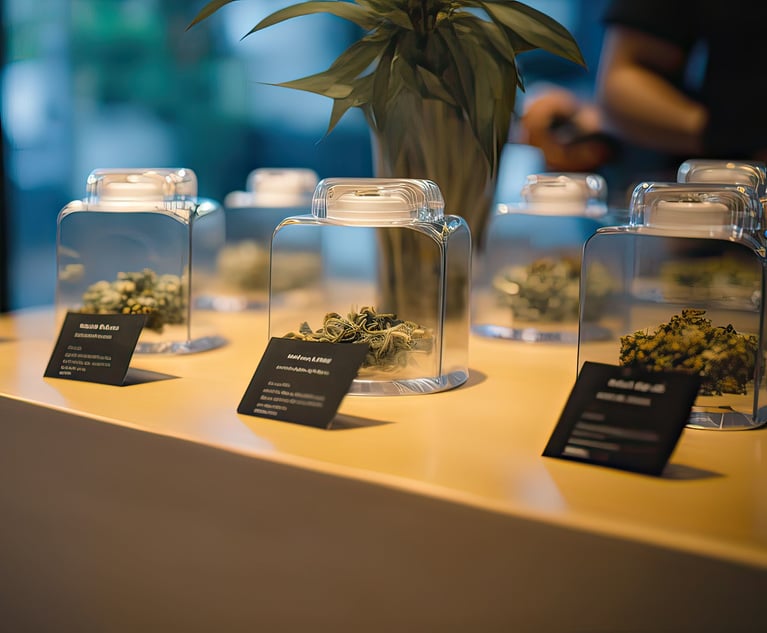New Jersey’s Cannabis Regulatory, Enforcement Assistance, and Marketplace Modernization Act (CREAMMA) allows for the sale, consumption, and possession of cannabis and cannabis products for individuals aged 21 and older. CREAMMA authorized municipalities to prohibit various cannabis uses by enacting ordinances within 180 days of the act’s effective date of Feb. 20, 2021. Municipalities also can regulate the location, manner, and operational hours of cannabis establishments. This wide-ranging authority grants municipalities the power to set location and density requirements for cannabis businesses and reject applicants who do not meet their criteria. N.J. Stat. Ann. Section 24:6I-45. Despite state-level legalization, cannabis remains a Schedule I narcotic under the federal Controlled Substances Act (CSA). Existing alongside Article VI of the U.S. Constitution’s Supremacy Clause, which establishes federal law as the supreme “Law of the Land,” CREAMMA exemplifies a state regulatory framework where municipalities have greater control over cannabis regulation than the federal government.
Municipalities demonstrate local support for a proposed cannabis business by showing that the location is suitable for operations, as required for annual license applicants. This involves providing a resolution of local support (ROS) and a zoning determination letter confirming compliance with municipal zoning requirements and any granted variances. N.J. Admin. Code Section 17:30-7.10(b)(8)-(9). Thus, CREAMMA delegates significant regulatory authority to municipalities over cannabis establishments, as site suitability is a crucial factor considered by the New Jersey Cannabis Regulatory Commission (CRC) during license review.


